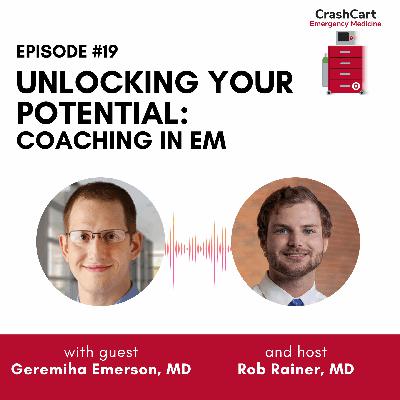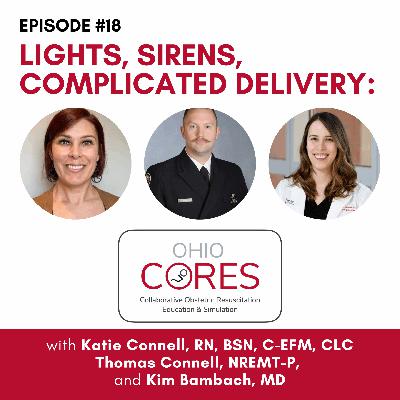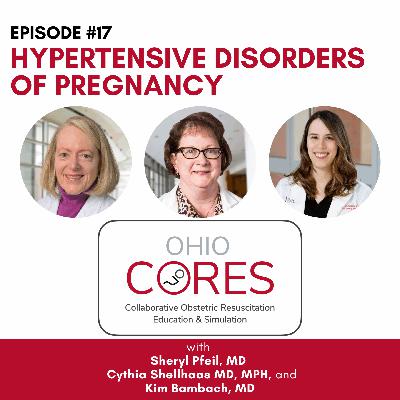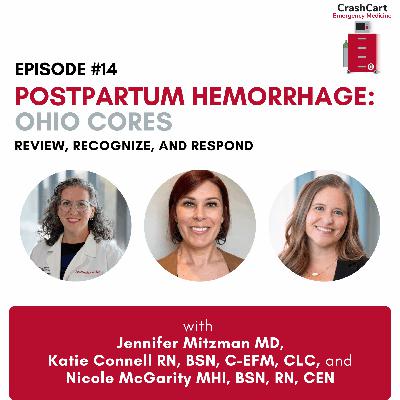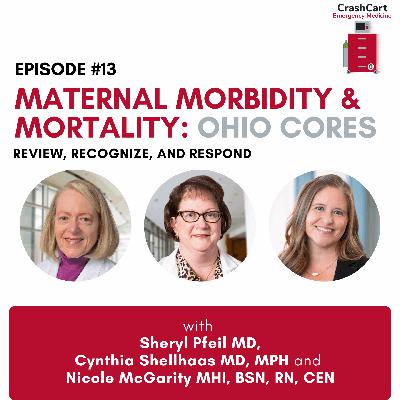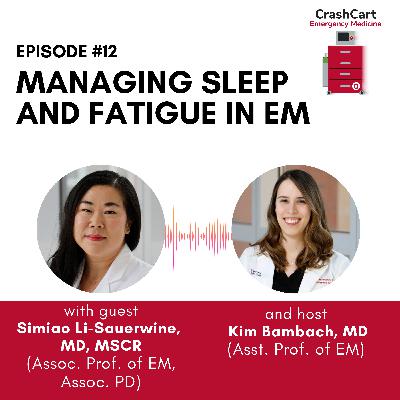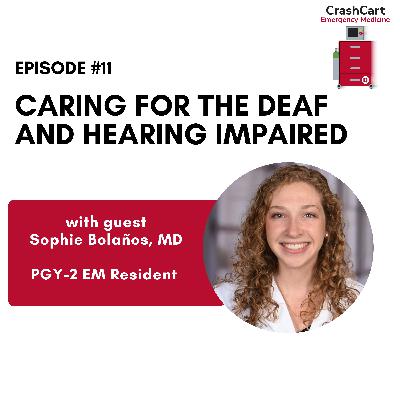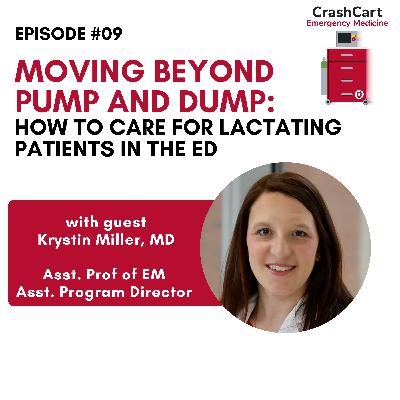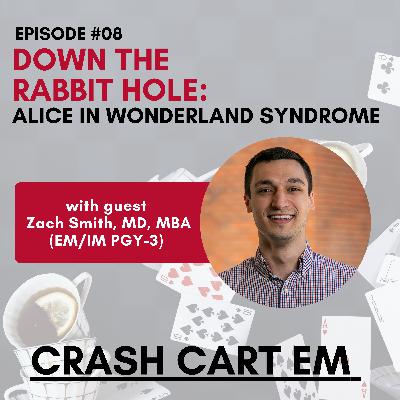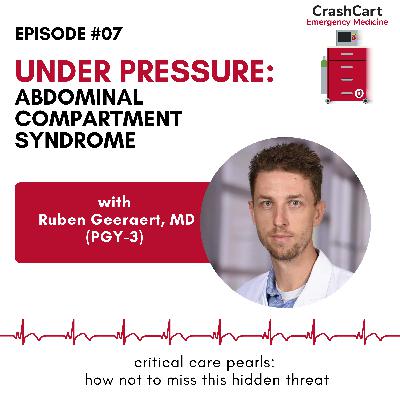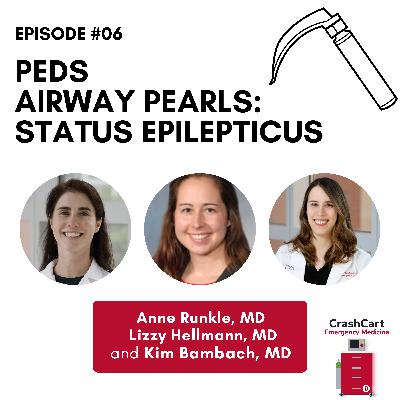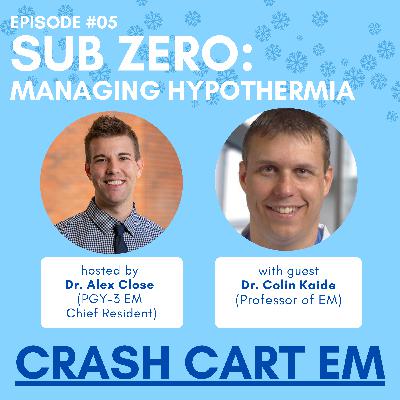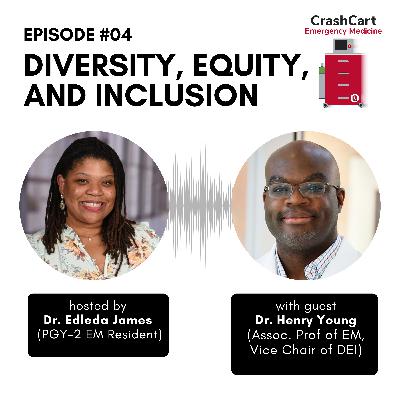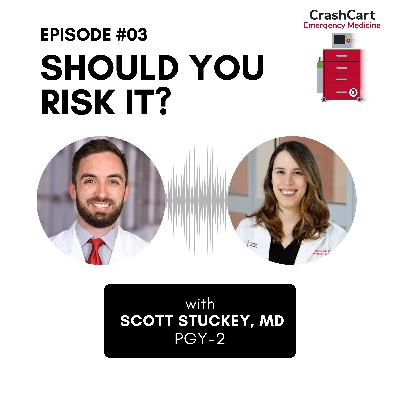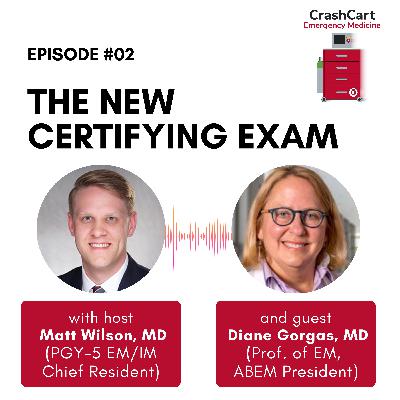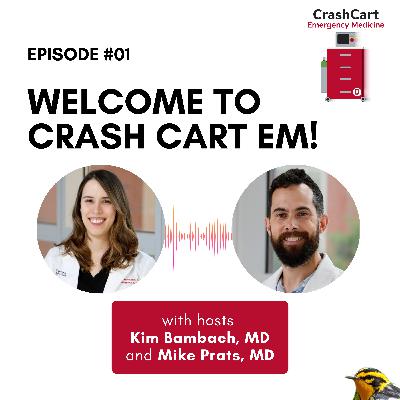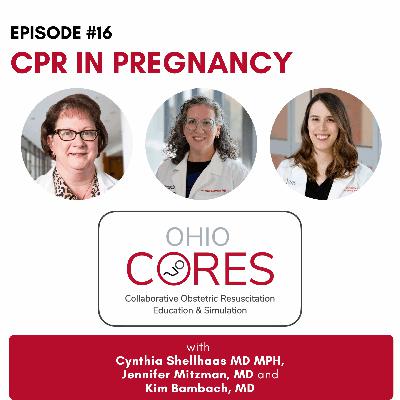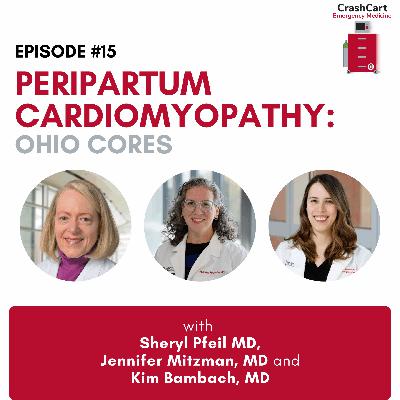Unlocking Your Potential: Coaching in Emergency Medicine
Description
How can you become your best professional self? What does it mean to have a coach in medicine?
In this episode of Crash Cart EM, Drs. Rob Rainer (Med Ed Fellow) and Kim Bambach (Core Faculty) sit down with Dr. Geremiah Emerson (Associate Program Director) to explore coaching as a reflective, goal-driven practice that helps physicians reach their potential.
Dr. Emerson breaks down how coaching differs from mentorship, advising, and sponsorship, using a practical framework focused on internal motivation and inquiry. He also shares how The Ohio State’s EM program has embraced the R2C2 model to support structured coaching conversations. We also dive into how coaching fosters metacognitive skills, reflective practice, and a growth mindset– key tools for navigating the challenges of residency and building a meaningful career. Whether you’re a resident finding your path or a faculty member supporting others, this episode is full of insight on unlocking potential through coaching.
Hosts: Rob Rainer, MD; Kim Bambach, MD
Guest: Geremiha Emerson, MD
Editor: Kim Bambach, MD
1. Coaching vs. Mentorship, Advising, and Sponsorship
- Coaching = Internally driven, question-based. Coaches help you meet your professional goals by encouraging you to reflect on your motivations, strengths, and opportunities for growth. Coaches might not share your exact professional interests, but they guide your growth.
- Mentorship = Externally driven, question-based. A mentor builds a longitudinal relationship with aligned professional interests to their mentee.
- Advising = Internally driven, answer-based. Advisors offer specific guidance on your career.
- Sponsorship = Externally driven, answer-based. Sponsors offer specific career opportunities.
<figure class="wp-block-image size-full">
 </figure>
</figure>2. The Role and Value of a Coach
- Helps residents identify goals, reflect on performance, and stay connected to purpose.
- Coaching encourages self-inquiry and a growth mindset.
- Supports long-term fulfillment- not just surviving residency, but thriving after it.
3. Structure Matters: R2C2 Framework
- R2C2 = Relationship-building, Reactions, Content, Coaching for outcomes
- Relationship building: building respect, trust, and understanding the learner’s perspective
- Reactions: exploring the learner’s cognitive and emotional reactions to feedback, with active listening from the coach
- Content: clarify objective facts and details related to performance, identifying patterns and areas of focus
- Coaching: define goals together, share accountability, and make an explicit plan
- Provides coaches with clear structure to guide reflection and promote meaningful dialogue.
4. How to Be a Good Coach and Coachee
- Coaches: Understand coaching isn’t about getting answers but asking the right questions that stimulate reflection.
- Coachees: Come with a growth mindset and willingness to self-reflect.
- Vulnerability is key to growth: bring your challenges honestly. The coach-coachee relationship should foster psychological safety.
5. Coaching and Resident Well-Being
- Coaching aligns with wellness efforts like OSU’s GROW program.
- Reflective skills gained through coaching support resilience, self-compassion, and career longevity.
Resources:

